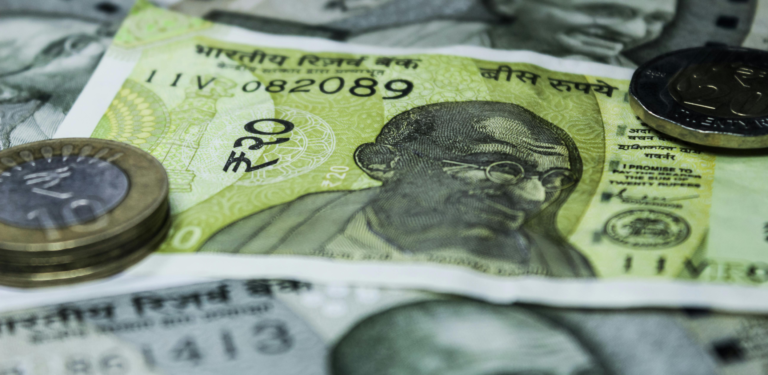Maximizing Your Savings: A Guide
In the rapidly evolving economic landscape of India, saving money is not just a habit but a necessity. With inflation, fluctuating markets, and the ever-present desire for financial security, Indians are increasingly looking for smarter ways to save. This comprehensive guide aims to equip you with practical strategies and insider tips to maximize your savings, ensuring a secure and prosperous future.
Understanding the Indian Saving Ethos
The Importance of Savings in Indian Culture
Savings in India go beyond mere financial strategy; they are deeply ingrained in the cultural ethos. Traditionally, Indians have always prioritized saving over spending, viewing it as essential for achieving life goals and ensuring family security. This cultural emphasis on thriftiness serves as a strong foundation for personal financial planning.
Navigating the Indian Economic Landscape
India’s economy is characterized by its dynamic nature, offering both challenges and opportunities for savers. Understanding the impact of economic factors such as inflation, interest rates, and market volatility is crucial for effective saving. In this context, diversifying savings and staying informed about economic trends are key strategies for safeguarding your financial future.
Setting Up a Solid Savings Plan
Start with a Budget
The first step to saving is creating a detailed budget. Track your income and expenses to understand your spending habits. Utilize budgeting apps or traditional methods like spreadsheets to monitor your financial flow. Setting aside a portion of your income for savings at the start of each month can help instill discipline in your financial routine.
Define Your Financial Goals
Short-term and long-term financial goals provide direction to your saving efforts. Whether it’s buying a home, funding education, or planning for retirement, clearly defined goals help in choosing the right saving instruments and strategies.
Smart Saving Strategies
Utilize Savings Accounts
A savings account is the most basic tool for managing your money. Opt for banks offering higher interest rates and lower fees to maximize your savings. With the advent of digital banking, exploring online-only banks can also yield better savings options.
Invest in Fixed Deposits and Recurring Deposits
Fixed Deposits (FDs) and Recurring Deposits (RDs) are popular among Indians for their safety and predictable returns. FDs offer a lump sum investment option with interest rates higher than savings accounts, while RDs allow you to deposit a fixed amount monthly, making it easier to save regularly without strain on your finances.
Explore Mutual Funds
For those willing to take moderate risks, mutual funds present an excellent opportunity to earn higher returns compared to traditional saving methods. Equity mutual funds, debt mutual funds, and hybrid funds can diversify your portfolio, balancing risk and reward effectively.
Maximize Benefits from Government Schemes
The Indian government offers various schemes aimed at encouraging savings among its citizens. Schemes like Public Provident Fund (PPF), National Savings Certificate (NSC), and Sukanya Samriddhi Yojana (SSY) not only provide secure investment options but also offer tax benefits under Section 80C of the Income Tax Act.
Consider Life and Health Insurance
Investing in life and health insurance is a wise strategy to protect your savings from unforeseen medical emergencies or life events. These policies not only offer financial security but also provide tax benefits, thus serving a dual purpose in your saving strategy.
Leveraging Technology for Savings
Digital Wallets and UPI
The rise of digital wallets and UPI (Unified Payments Interface) has revolutionized the way Indians save. By facilitating easy tracking of expenses and offering rewards on transactions, these digital tools can help you save money indirectly.
Online Financial Advisory Services
The internet offers a wealth of resources for financial education and advisory services. Utilizing online platforms for investment advice, tax planning, and financial management can significantly enhance your saving strategies.
Common Pitfalls to Avoid
Avoiding Impulse Purchases
Impulse buying can derail your saving plans. It’s crucial to differentiate between wants and needs and to exercise restraint in spending on non-essential items.
Not Keeping an Emergency Fund
An emergency fund is your financial safety net. Failing to set aside money for unforeseen circumstances can lead to unnecessary debt, undermining your saving efforts.
Overlooking Inflation
Inflation can erode the value of your savings over time. Investing in instruments that offer returns above the inflation rate is essential to preserve the purchasing power of your money.
Conclusion
Saving money in the Indian context requires a blend of traditional wisdom and modern financial strategies. By understanding the economic landscape, setting clear financial goals, and utilizing a mix of saving instruments, you can build a robust financial foundation. Remember, the key to successful saving lies in discipline, informed decision-making, and a proactive approach to managing your finances. Start your saving journey today, and pave the way for a secure and prosperous future.







